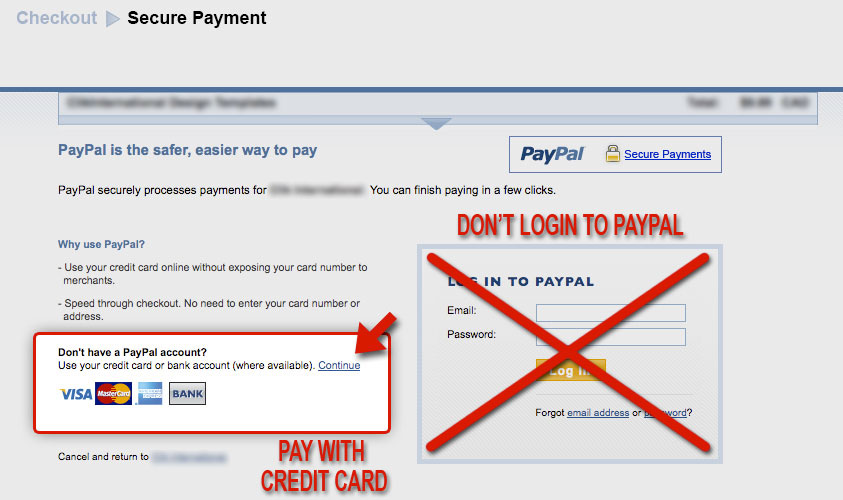In 2004, a software developer named Nick Bradbury wrote a post about how much money he was losing because people were pirating his software. People justified stealing software on the ground that they were stealing from rich corporations, he wrote, but most of the time they were stealing from people like him. Swartz thought this was stupid.
“On Piracy, or, Nick Bradbury Is an Amazing Idiot”
Nick has no innate right to have people pay for his software, just as I have no right to ask people to pay for use of my name. Even if he did, most people who pirate his software probably would never use it anyway, so they aren’t costing him any money and they’re providing him with free advertising. . . . Yes, piracy probably does take some sales away from Nick, but I doubt it’s very many.
The next day he wrote a follow-up post.
Stealing is wrong. But downloading isn’t stealing. If I shoplift an album from my local record store, no one else can buy it. But when I download a song, no one loses it and another person gets it. There’s no ethical problem. The evidence that downloading hurts sales is weak, but even if downloading did hurt sales, that doesn’t make it unethical. Libraries, video rental places, and used book stores (none of which pay the artist) hurt sales too. Is it unethical to use them?



